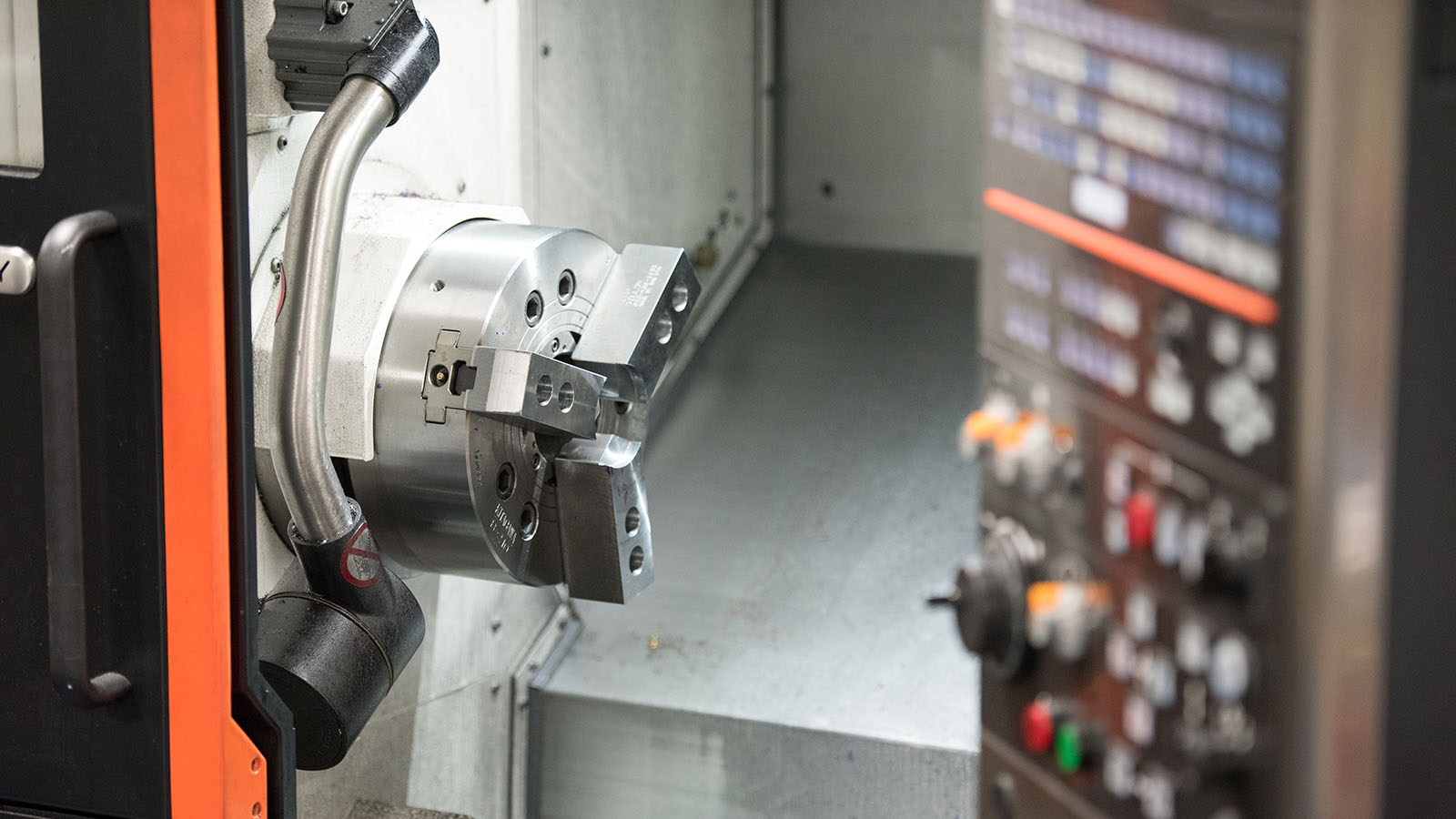01 / Select the right tool builder with the end product you are producing in mind.
Selecting the right tool builder for your request for quote (RFQ) may take a little time, but it pays to do your research and ask the right questions. Here are some questions to consider:
- Does the size of your part fall within the tool builder’s manufacturing capabilities?
- Does the tool builder have experience building the type of tools (complexity) that your molded part will require? Is the tool builder able to perform every manufacturing step in-house? If not, what operations will be outsourced, and how critical are these operations to the delivery schedule and overall quality of the tool?
- Is the tool builder able to validate the tool in-house?
- Does the tool builder have the molding equipment and expertise to sample and de-bug the tooling at their facility?
- Will your tool be “production-ready” when it arrives at your door?
- Is the tool builder able to meet your quality and documentation requirements?
02 / Involve your tool builders early in the design phase.
03 / Provide complete and detailed information in your rfq.
The RFQ process is often overlooked but is critical to getting your best price. Incomplete data may result in costly assumptions being built into the quoted price. Key pieces of information include: Estimated annual volume (EAU), program life span, part function, material specifications, key dimensional characteristics, part appearance items (painting, hot stamping, texture, etc.).
04 / Make sure you are comparing apples to apples.
Sounds simple enough, but without knowing tooling details, a true cost/value analysis is very difficult to measure. A few of the items that affect cost and performance are landed cost, tool management costs, and tooling class (Class 101, 102 or 103). The least expensive tooling may ultimately cost you more in repairs, quality issues, and downtime. Take the time to understand what you are getting and what you are not getting for the quoted price.
05 / Provide Honeest Feedback.
The tool builder most likely spent considerable time responding to your RFQ. Providing honest and meaningful feedback is a professional courtesy that your Tool Builder will appreciate and provides them with the information they can use to identify quoting errors and find potential areas of improvement. Tool builders understand the pricing pressures placed upon today’s buyers. Implementing the steps above will help build good supplier relationships, streamline the quoting process, reduce costs, and improve the overall experience for buyers and suppliers alike.


